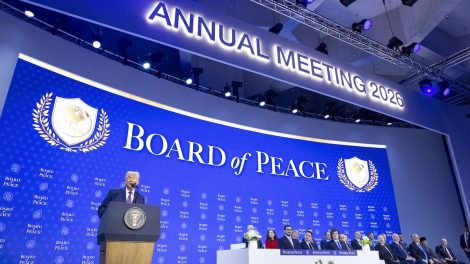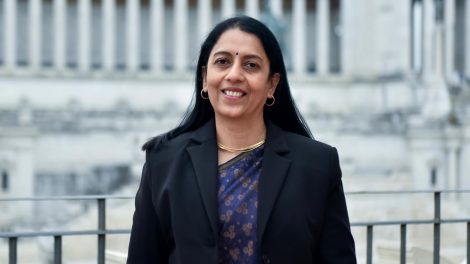On Wednesday the Italian government chimed in regarding famed German political scientist Klaus Lange, who is charged with espionage on behalf of Beijing. The 75-years old was arrested on Monday, when he had just returned from Italy and was about to travel to Macau via the Munich airport together with his wife. His arrest warrant dates back to November 23, 2019.
According to Franco Gabrielli, who is Undersecretary of State and responsible for the intelligence agencies, the operation that led to Mr Lange’s arrest at the hand of the German police had begun in 2018 with support from AISI, the Italian domestic secret services.
Despite the couple’s familiarity with Italy, said Mr Gabrielli, their activities did not concern Italy, but rather “the Indo-Pacific quadrant.” Mr Lange and his wife (who is an Italian and German citizen) often resided in Gais, a tiny village within the northwestern province of Bolzano, not too far from the Austrian border.
As noticed by Formiche.net, that Alpine location also hosts a branch of the Institute for Transnational Studies (ITS), founded and directed by Mr Lange himself and described in its website (which is currently unavailable) as “a German-based security and political consultancy with an extensive local and international associate network.”
Since 2001 and until his semi-retirement the political scientist headed the Hanns Seidel Foundation in Monaco, a think tank associated with the CSU, which in turn is the Bavarin sister party to Angela Merkel’s CDU. He had worked for the Foundation since the 1980s, travelling frequently to give guest lectures in the Soviet Union (and later, Russia), the Balkans, South Africa and South Asia, DW reports.
According to the German public broadcaster ARD, Mr Lange was a double agent and had been working as an “intelligence liaison” for Germany’s intelligence service, the BND, for 50 years.
On Tuesday, German federal prosecutors said that he had been charged with spying for China by exploiting the high-level official contacts he had access to in his capacity as the think tank’s director. The authorities believe that Mr Lange was first contacted by Chinese secret services in 2010 at a lecture tour in Shanghai.
Thereon, the German academic allegedly “passed on information to Chinese intelligence on a regular basis, ahead of or after State visits or multinational conferences,” in exchange for money and travel expenses coverage, the federal prosecutors say. They believe he was travelling to Macau to meet with his Chinese handlers when he was arrested on his way to the Munich airport.
Mr Lange also conducted his affairs at the ITS in roughly the same time frame as his suspected collaboration with the Chinese intelligence. In 2011 he established the Gais branch and began to organize conferences featuring international guests, including from Asia, and ranging from Somali piracy in the South China Sea to energy policy and terrorism.





